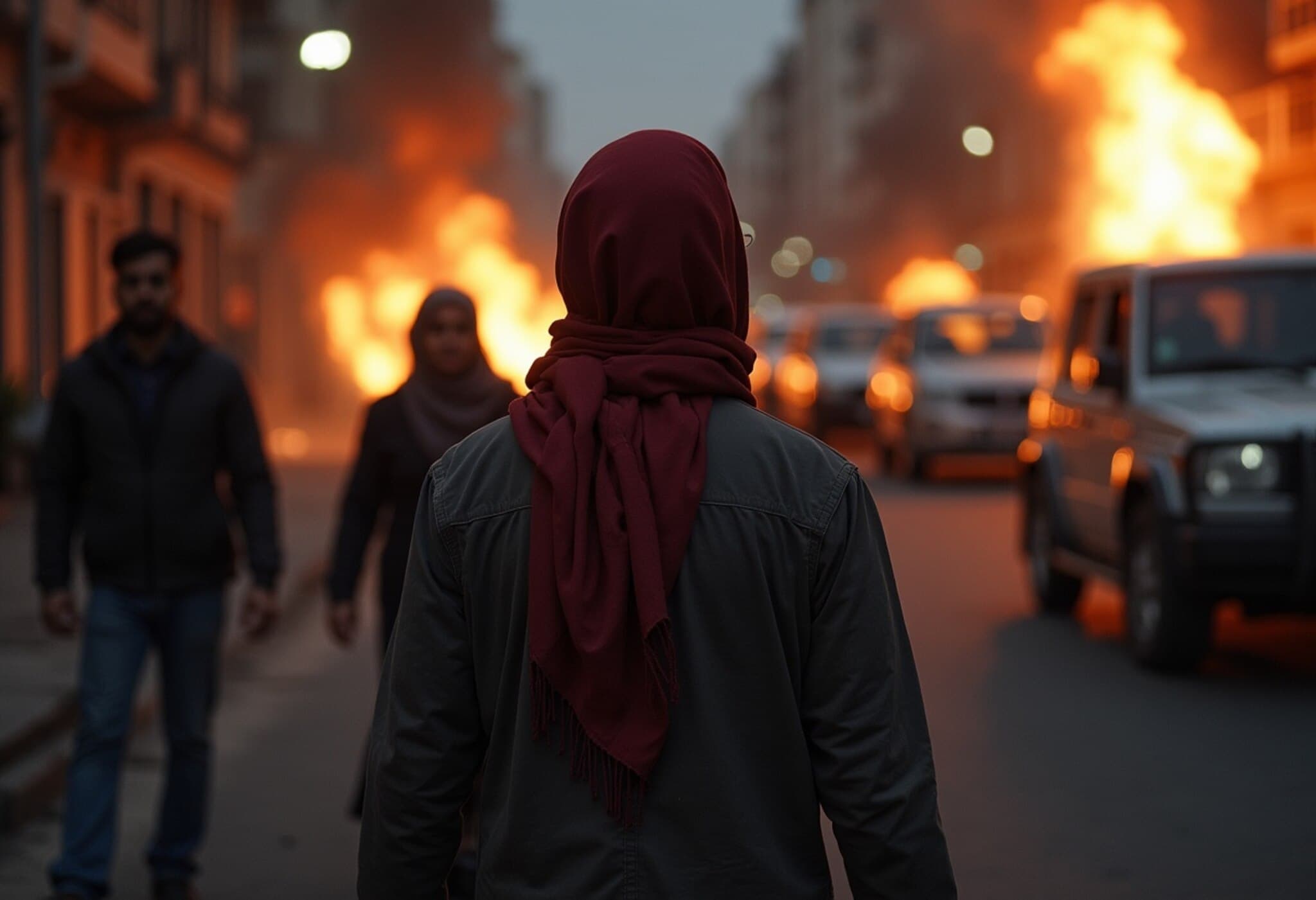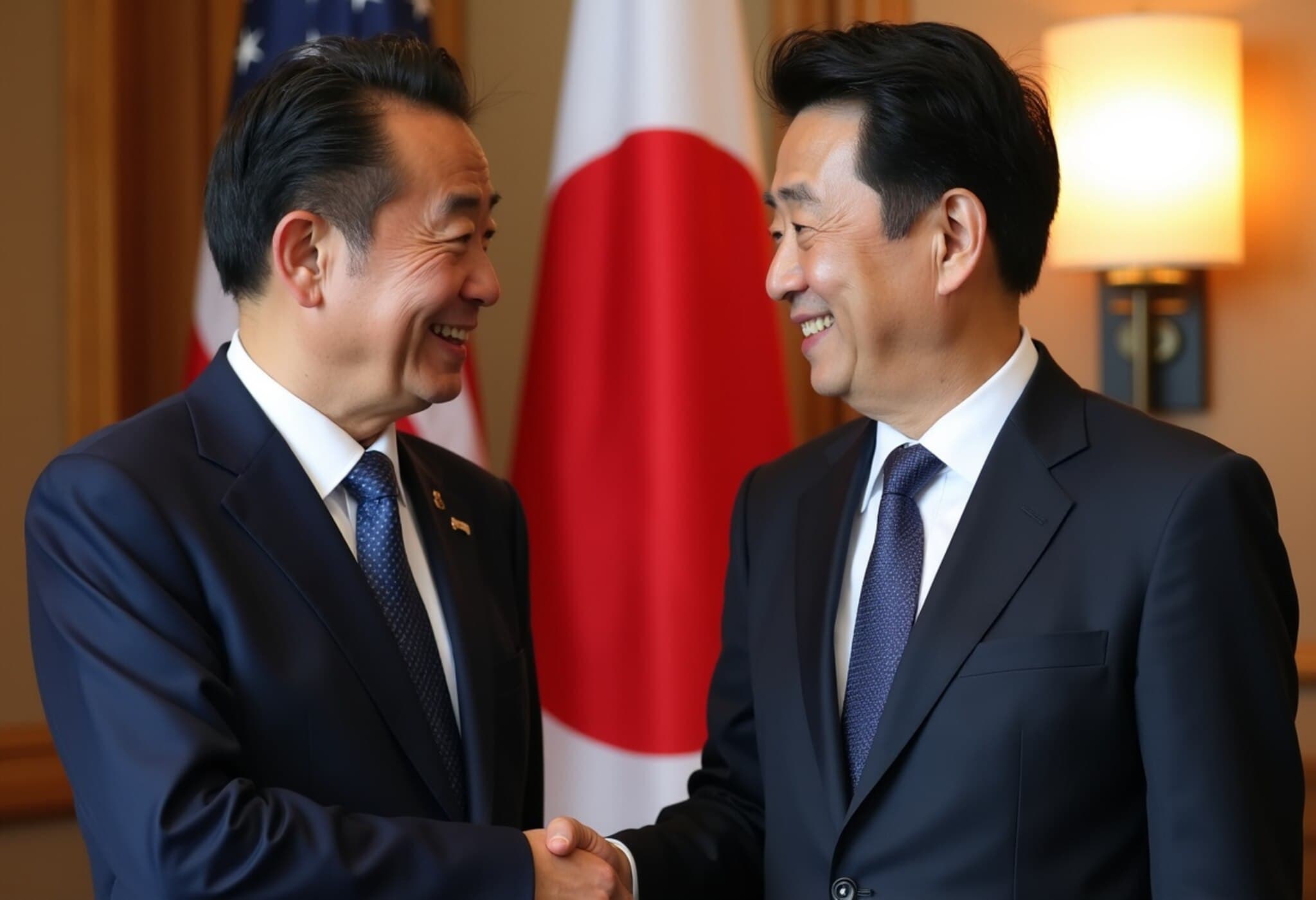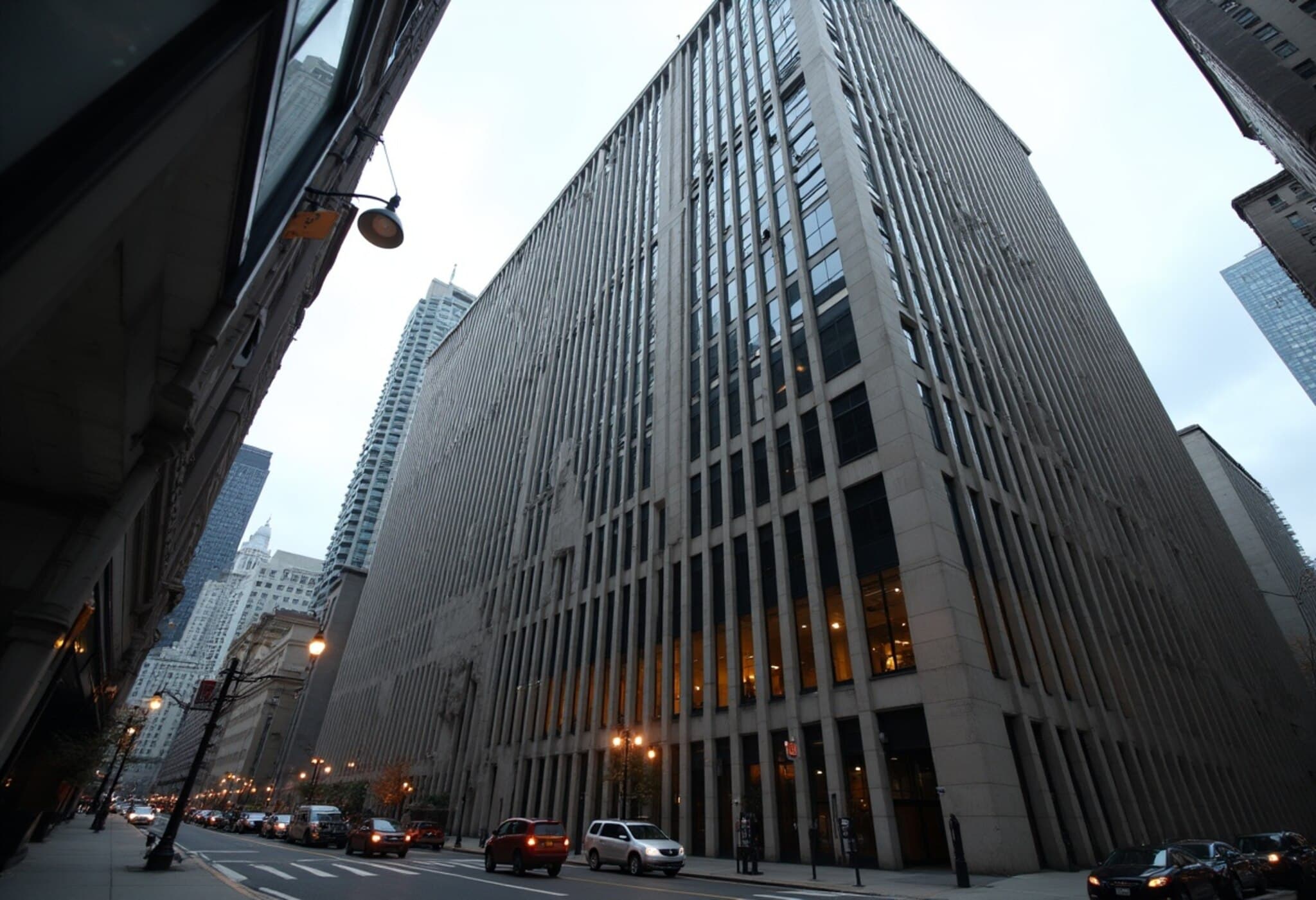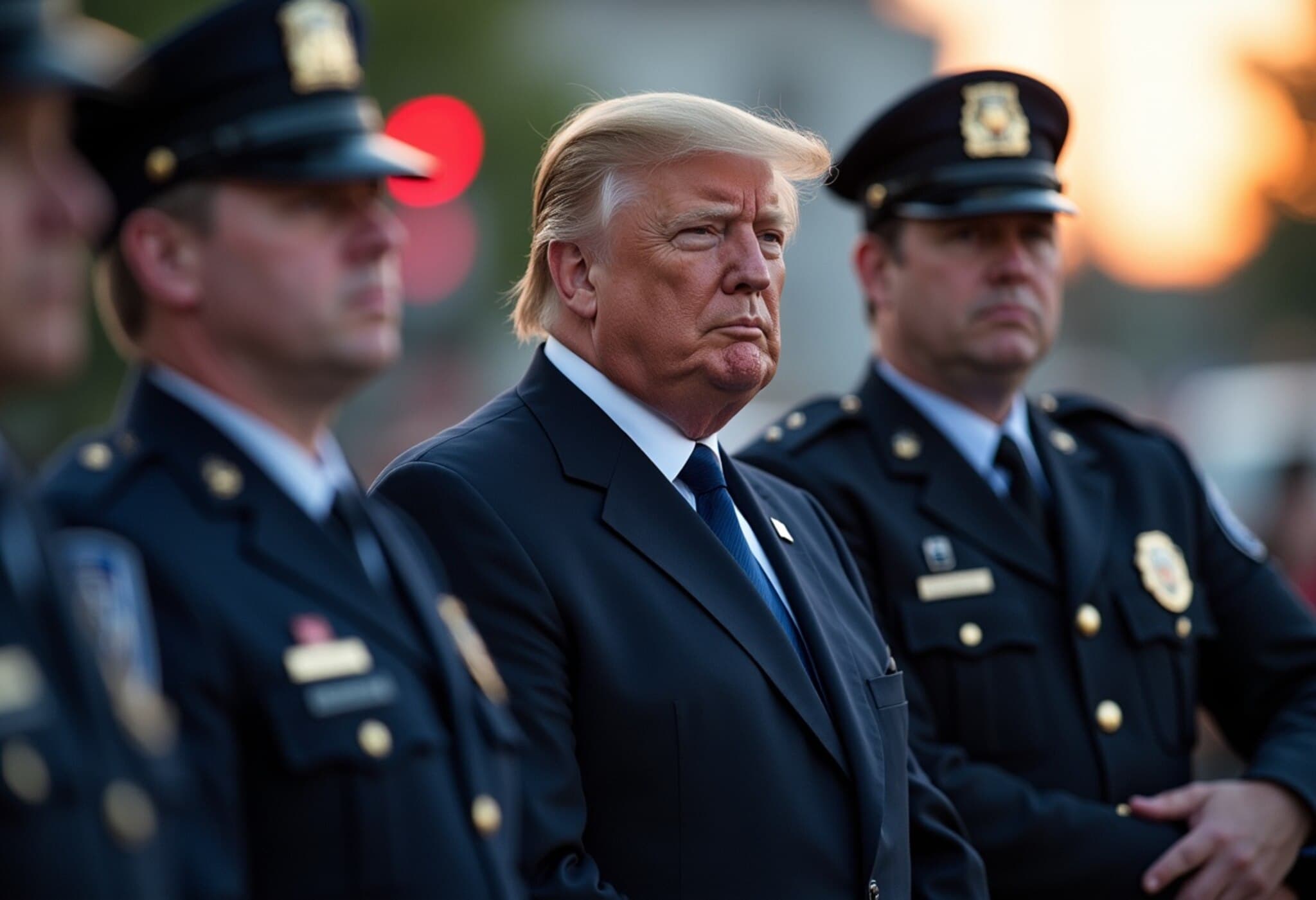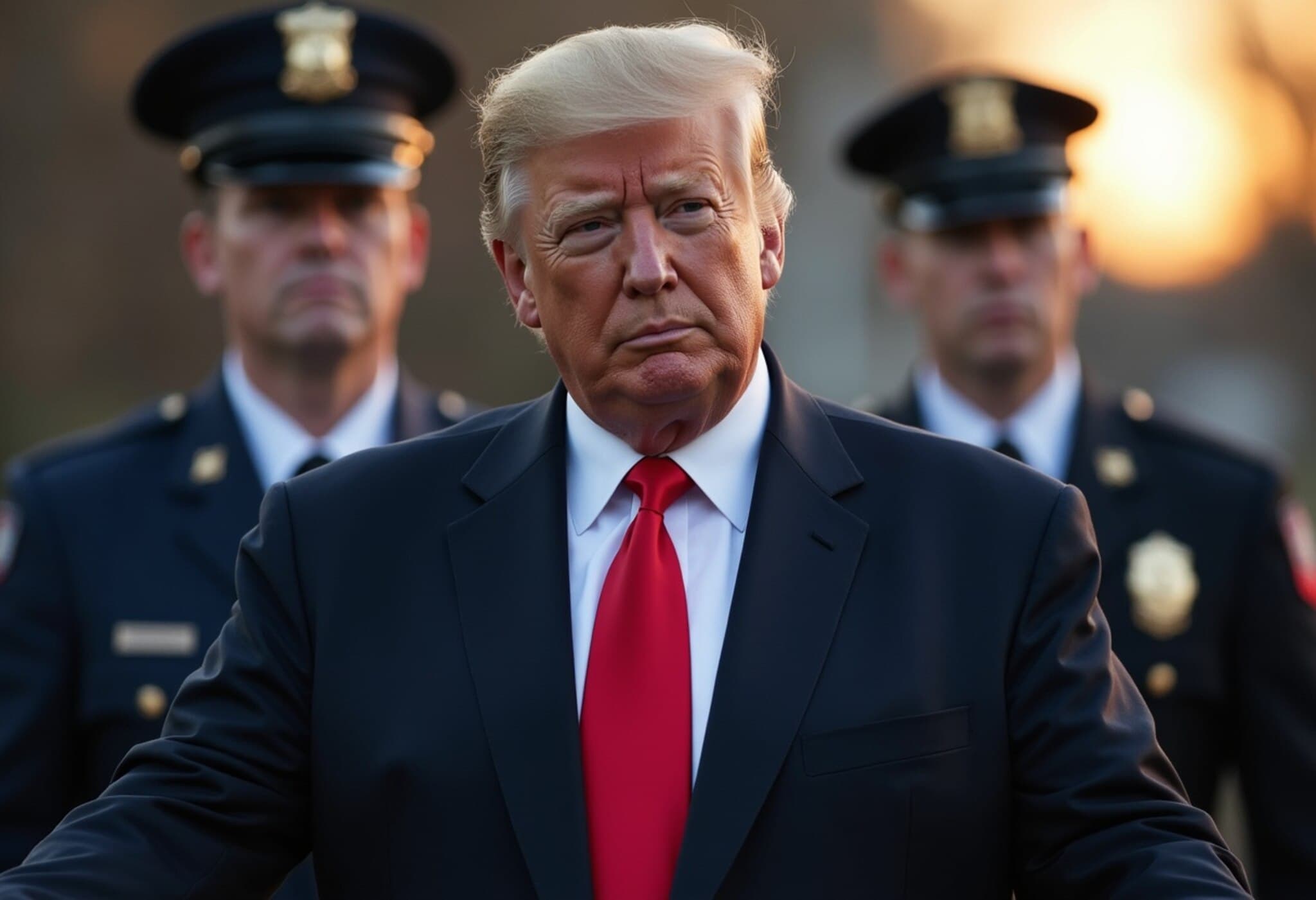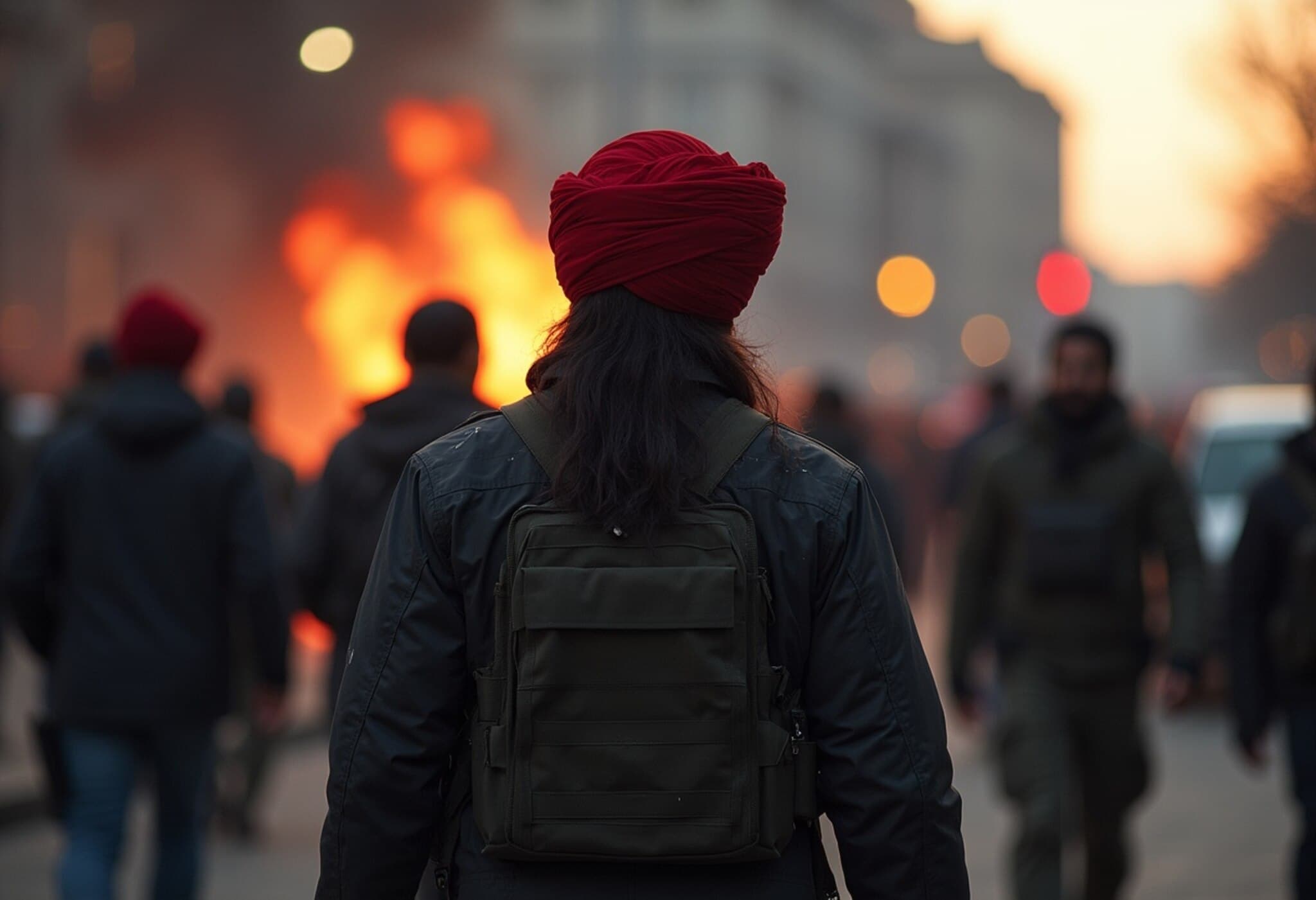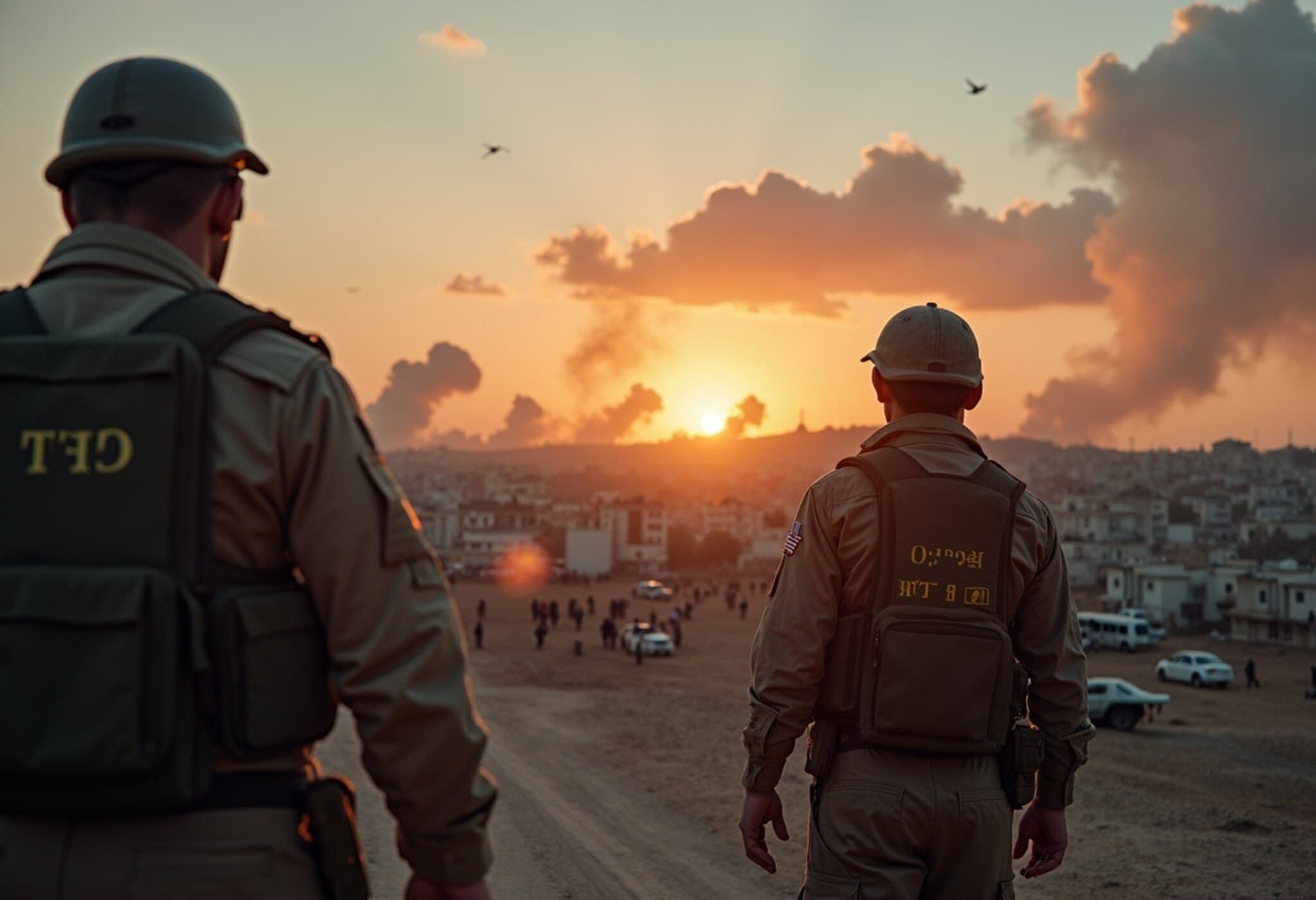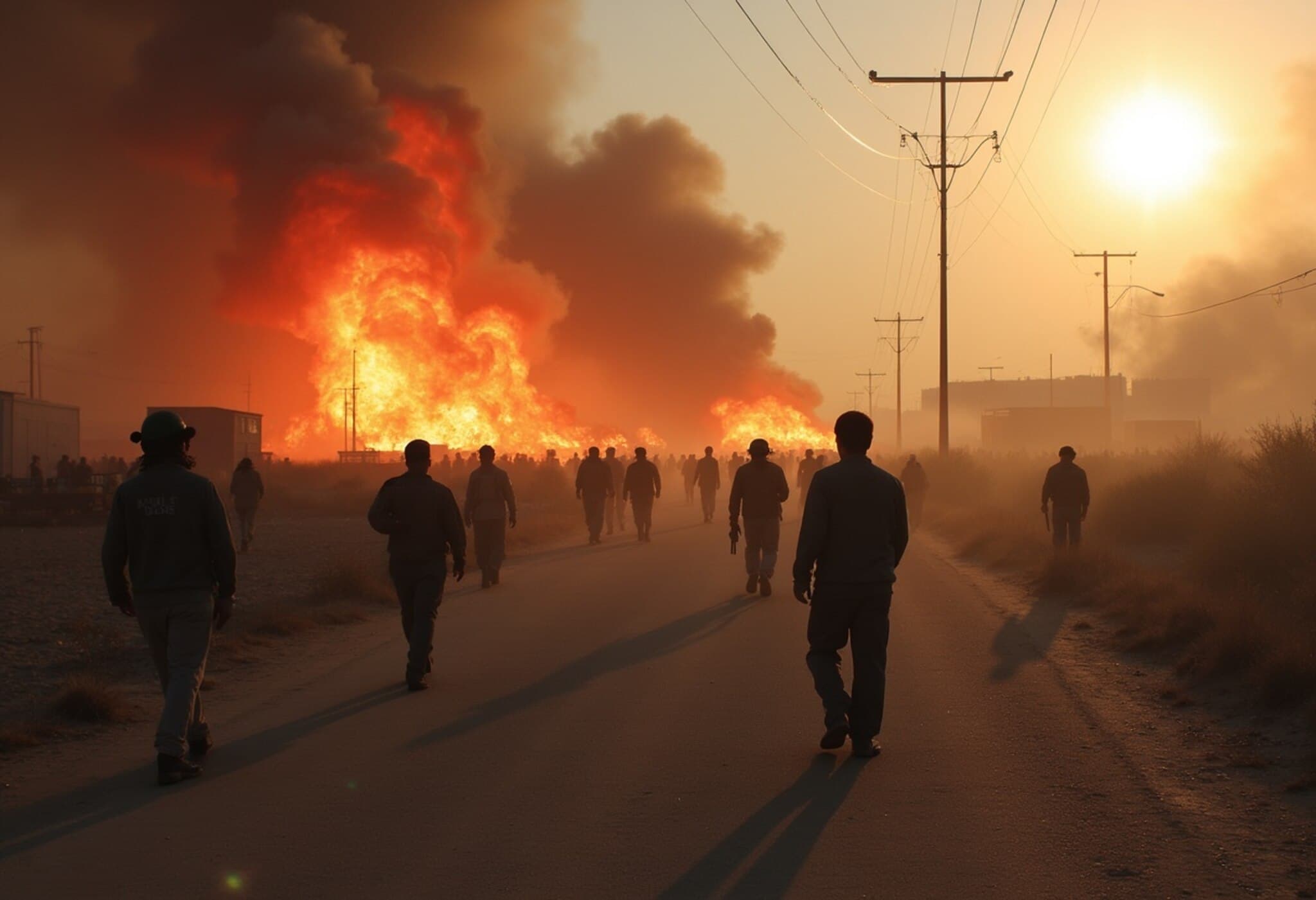Three Fatal Shootings Deepen Violence Crisis in Israel's Arab Communities
In a troubling escalation of violence, three separate shootings over the course of a single night have tragically claimed the lives of three individuals in Israel’s Arab sector. This surge exacerbates an already dire situation, bringing the total number of homicide victims in this community to 136 in 2025 alone, according to recent reports.
Details of the Incidents
- Jaffa: A 51-year-old man was fatally shot near a local café. Emergency responders from Magen David Adom (MDA) arrived promptly but confirmed the man had succumbed to his injuries. Paramedic Yissachar Weiss described the scene, noting the victim was found unconscious with multiple penetrating wounds.
- Ar’ara Banegev: About 40 years old, a woman was found shot dead in a nearby wadi. Authorities detained four suspects for questioning—her son, brother, and two other relatives—as police investigate an apparent family feud as the likely motive.
- Lod: A man in his 30s was discovered shot inside his vehicle. MDA personnel found him clinically dead at the scene after severe gunshot wounds, with EMT Mendy Amitai characterizing the chaotic environment as deeply distressing.
Contextualizing the Surge in Violence
The increase in violent crimes within Israel’s Arab sector is not just a statistic; it reflects deeper socioeconomic challenges. Experts underline that factors such as limited economic opportunities, strained law enforcement relations, and internal community conflicts contribute significantly to the rise in homicides. This spike demands urgent attention from policymakers to enhance security measures and address underlying tensions.
Law Enforcement and Community Response
Israeli police have launched formal investigations into each shooting. However, tackling this violence requires a multi-faceted approach—combining effective policing, community engagement, and socio-economic reform. Civil society organizations emphasize fostering dialogue within communities to reduce family feuds and prevent retaliatory violence.
Broader Implications
This wave of violence has broader repercussions on national stability and social cohesion. The rising death toll in the Arab sector underscores the delicate fabric of Israeli society and the urgent need to bridge divides. Analysts warn that failure to mitigate these trends risks perpetuating cycles of violence, harming not only victims’ families but also the wider community’s sense of safety and justice.
Expert Insights
Dr. Lina Haddad, a researcher specializing in Middle Eastern conflict studies, emphasizes: “The surge in intra-community violence highlights the need for long-term investment in education, conflict resolution, and economic development. Short-term law enforcement tactics can only do so much without addressing the systemic drivers.”
Moreover, American experts on ethnic conflict and policing argue that transparent, community-centered law enforcement reforms, inspired by successful models in U.S. urban centers, could provide valuable lessons for Israel to reduce tensions and build trust.
Looking Ahead
As the Arab sector grapples with this tragic spike in violence, the question remains: How can authorities, community leaders, and civil society unite to break this unsettling cycle? The answer will likely take a blend of security policies and social healing — a challenging yet essential path forward.
Editor’s Note
These recent murders are more than isolated events; they shine a spotlight on a broader crisis that combines social, economic, and familial fractures within Israel’s Arab communities. Readers should consider how systemic inequalities and community dynamics interplay in driving such violence. The broader Israeli society must ask: How can cohesion be restored in a landscape marked by long-standing tensions and inequities? This coverage aims to move beyond headlines and encourage a deeper conversation on effective and humane solutions.

